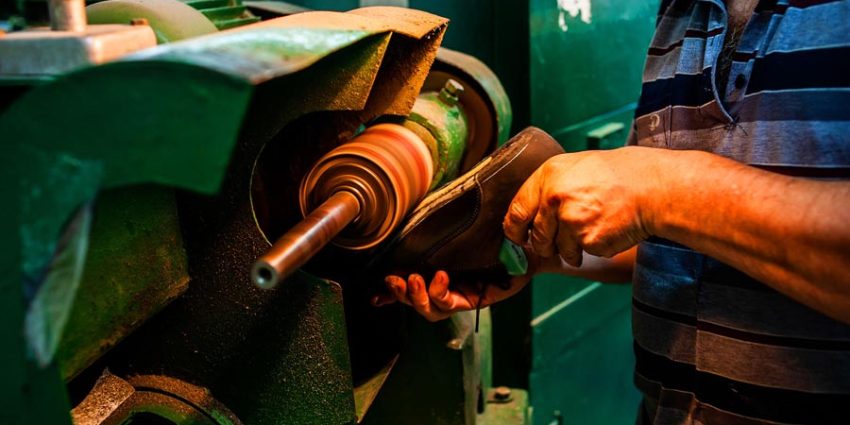Think about the last time you used a tool. Perhaps it was a drill that worked seamlessly or a wrench that fit perfectly onto a bolt. These experiences might seem ordinary, but behind that smooth operation lies something extraordinary: precision in manufacturing. In the world of industrial tool manufacturing, precision is the unsung hero, quietly ensuring that every tool not only meets expectations but exceeds them. So, why precision is crucial in this field, and how it ensure consistency across production?
Quality Assurance
When it comes to tools, quality is non-negotiable. Precision in manufacturing guarantees that each tool meets stringent quality standards. This consistency minimizes defects, ensuring that every tool produced is reliable and durable. Imagine a cutting tool that fails under pressure—it’s not just a setback; it can derail entire production lines.
By prioritizing precision, manufacturers create products that perform reliably, reducing the risk of costly downtime.
Enhanced Performance
Tools designed with precision in mind don’t just perform—they excel. Accurate dimensions and specifications lead to improved functionality. For instance, a drill bit manufactured to precise tolerances will penetrate materials more effectively than one that is poorly made. This enhanced performance means tasks are completed faster and with better results, ultimately boosting productivity.
Cost Savings
At first glance, investing in precision might seem like an added expense. However, the opposite is often true. When tools are manufactured precisely, they require less rework and fewer replacements. This reduces waste and cuts costs associated with repairs and replacements. In an industry where margins can be thin, precision becomes a powerful ally in maintaining profitability.
Interchangeability
One of the most significant benefits of precision in tool manufacturing is the ability to produce interchangeable parts. When components are crafted to exact specifications, they can be easily swapped out without any issues. This interchangeability simplifies repairs and maintenance, allowing businesses to keep operations running smoothly.
Imagine a scenario where a single part fails, and the replacement fits perfectly—no adjustments needed. This kind of efficiency is only possible through precision manufacturing.
Customer Satisfaction
In the end, it all comes down to the customer. Precision in tool manufacturing translates to better products, which leads to happier customers. When tools perform as expected and last longer, users are more satisfied and likely to remain loyal to the brand. Customer satisfaction can have a ripple effect, leading to positive reviews, repeat business, and referrals.
Conclusion
In the competitive realm of industrial tool manufacturing, precision is the backbone of success. It ensures quality, enhances performance, and drives customer satisfaction. By investing in precision, manufacturers can not only improve their products but also streamline operations and reduce costs.
In an industry where the smallest details can have monumental consequences, prioritizing precision is not just smart—it’s essential. Embracing this principle can lead to lasting success in the ever-evolving landscape of manufacturing.

